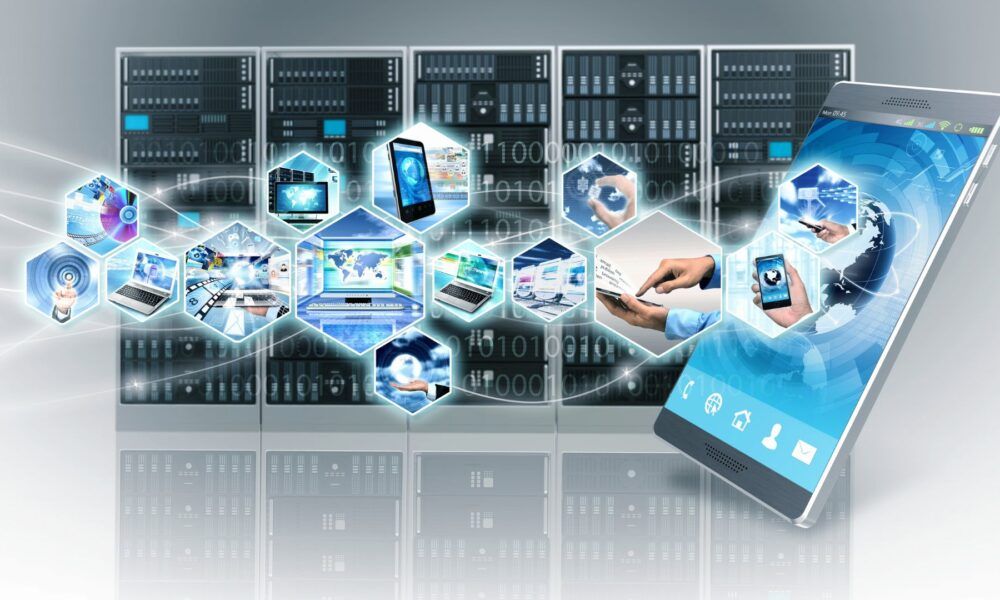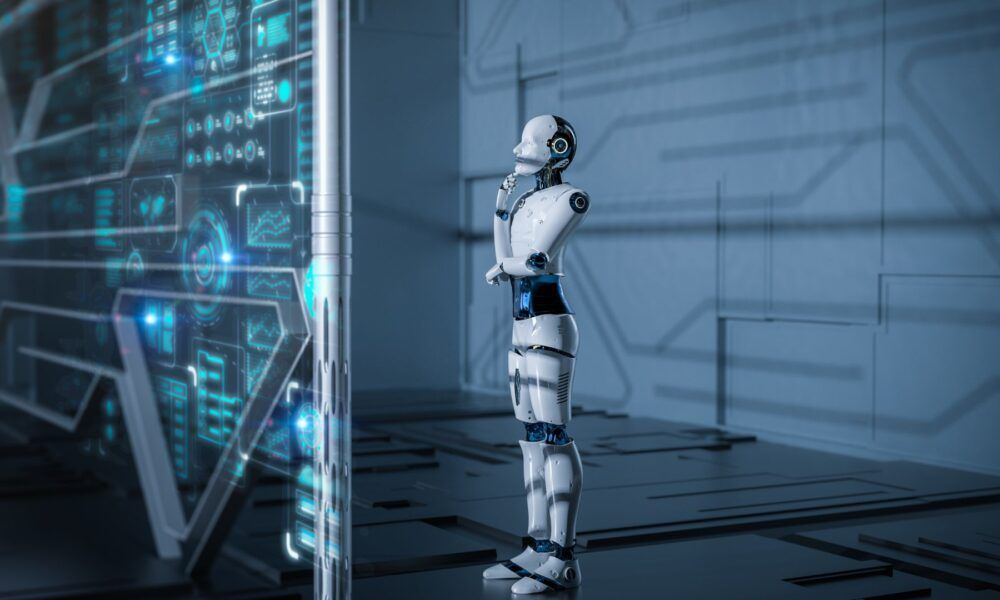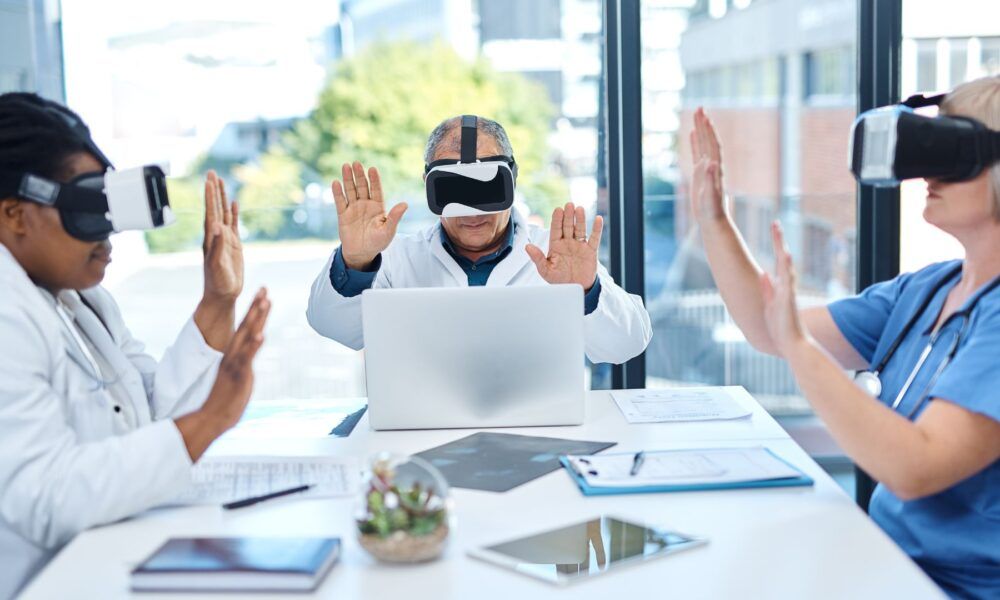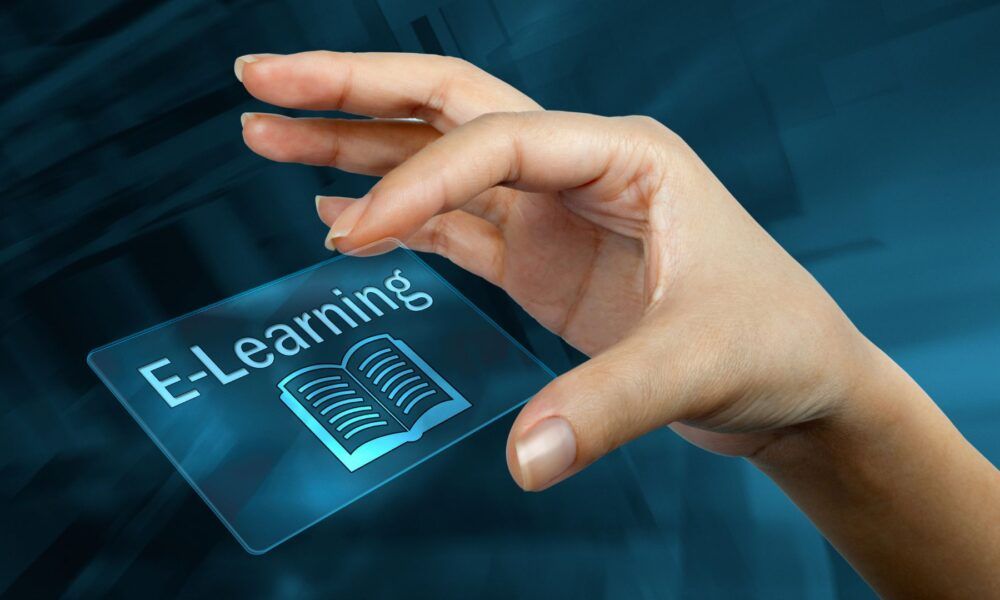
Technology Changes the World – Embracing for Future
Technology has evolved quickly changing every aspect of modernity We live in an unprecedented age of technological advances which meet our daily life, business strategies and global connections — from smartphones that act as virtual Swiss Army knives to artificial intelligence driving one-on-one experiences with the brand.

- Communication Revolution
Social media platforms, video conferencing tools and instant messaging apps are shrinking the world. Thanks to video calls, families miles apart can show up in your living room; businesses taking advantage of operating 24/7 across time zones are no longer novel. The communication environment is becoming more complex; upcoming technologies, such as 5G and satellite internet connectivity projects will further blur the lines.

- AI and Automation
The biggest force of change in modern technology is probably Artificial Intelligence (AI). Whether you need a tailored shopping experience or an autonomous ride, AI is revolutionizing entire sectors through highly-efficient data-driven remedies. Businesses uses AI for predictive analytics, customer service reprising the experience and repetitive work automation etc. On the other hand, brought along with this revolution of automation is a way to free up human resources for more creative and strategic roles within organizations. The challenge reskilling your workforce with new skill sets in communication, technology support skills.

- Healthcare Advancements
Technology is life-saving not just labor saving. Modern healthcare is being transformed by innovations in telemedicine, robotic surgery and wearable health devices improving accessibility to care. AI-driven diagnostic tools are enabling early disease detection, with an impact on the treatment methodologies for patients.

- Education and E-Learning
With the onset of Covid, e-learning platforms were picked by some universities in record time; so also was IT seen to offer a means for making education inclusive. Meanwhile, sites like Khan Academy and Coursera help fill the skill gaps left by traditional education with what one might call DIY pubic school. In addition, classrooms are increasingly being augmented by Augmented Reality (AR) and Virtual Reality (VR), which take learning into an even more interactive state.
